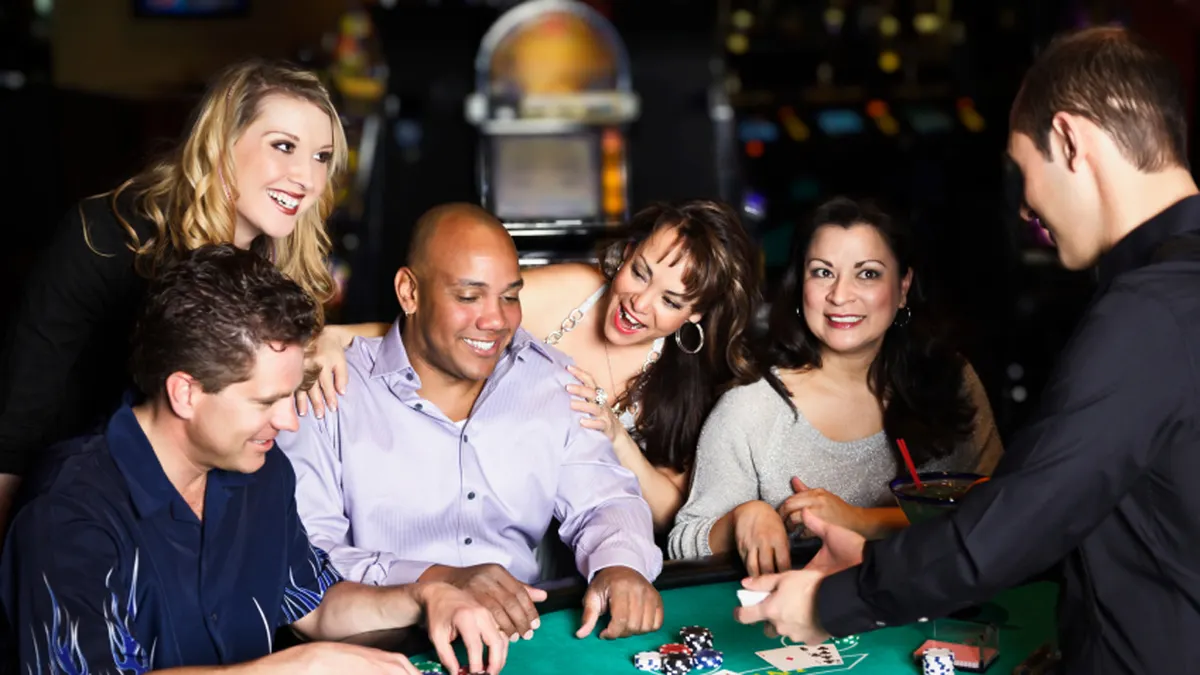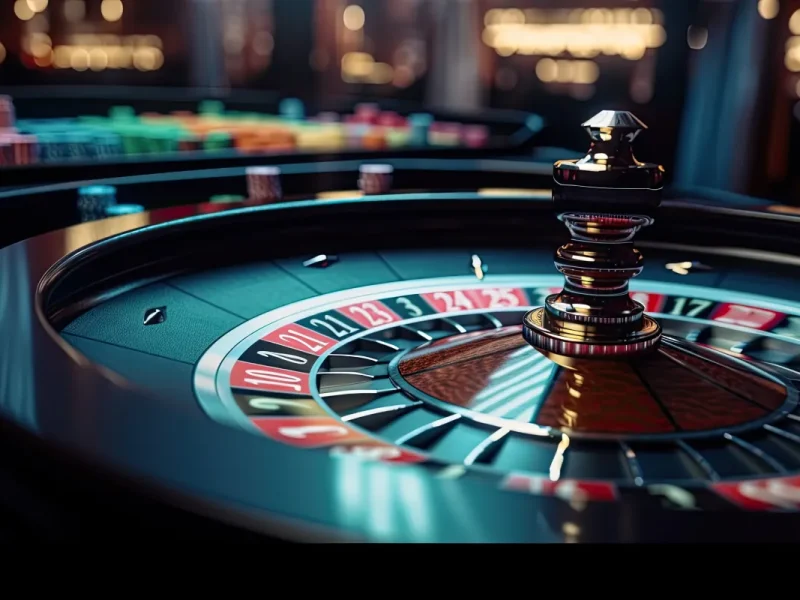When players log on to platforms like ZetCasino, many of them do so with the full awareness that the odds are not in their favor. So why do they continue? Why is gambling still a billion-dollar industry despite this widespread knowledge? The answer lies in a complex interplay of human psychology, emotional satisfaction, neurological rewards, and societal influences. This article unpacks the deeper reasons why people continue to play casino games—even when they know they are likely to lose.
The Allure of the Experience
The Casino as Entertainment
Most players don’t walk into a casino expecting to walk out rich. Much like buying a movie ticket or theme park pass, spending money at a casino is seen as paying for an experience.
The Atmosphere and Adrenaline
Casinos—both online and offline—are designed to maximize excitement. The sounds, flashing lights, and animations create a sensory overload that many find thrilling.
The Neurological Hook
Dopamine and Reward Systems
Gambling activates the brain’s reward system, releasing dopamine—the same chemical involved in pleasure and addiction. Wins, even small ones, reinforce behavior.
The Power of Near Misses
Studies show that near wins can stimulate the brain almost as strongly as actual wins, keeping players engaged and hopeful even after losses.
Hope and the Power of Possibility
Hope as a Motivator
Hope is a powerful emotion. The belief that “this time might be different” is what keeps people playing.
The Illusion of Control
Many players believe that through strategy, skill, or simply persistence, they can influence outcomes. This illusion strengthens engagement.
Social Proof and Belonging
Following the Crowd
Seeing others win or hearing success stories fosters a sense of possibility. If they can do it, why not me?
Community and Shared Experiences
Live dealer games and multiplayer platforms create community experiences, offering a sense of belonging that extends beyond the games themselves.
Escapism and Emotional Coping
A Temporary Escape
Life can be stressful, and gambling offers a quick mental escape. For some, it’s a way to disconnect from reality, even temporarily.
Managing Emotions
Some use gambling to regulate emotions—turning to the slots or roulette to manage sadness, boredom, or frustration.
The Sunk Cost Fallacy
Chasing Losses
Once a player has invested time or money, they may feel compelled to continue to “get back” what was lost, even if logically they know it’s unlikely.
Emotional Investment
Players grow attached not just to the potential reward, but to the game itself, viewing quitting as a kind of personal defeat.
The Role of Variable Rewards
Unpredictable Rewards Create Habit
Random reward systems are more addictive than predictable ones. Casinos use this to their advantage by delivering wins at irregular intervals.
Reinforcement Learning
Every small win reinforces the behavior, making it more likely the player will continue even after multiple losses.
Gamification and Modern Engagement Tactics
Levels, Badges, and Loyalty Programs
Gamification elements like rewards systems and progress bars keep players invested. Casino, for instance, offers loyalty perks that make continued play feel like achievement.
Daily Bonuses and Missions
Daily login bonuses and tasks give players reason to return regularly, building habits over time.
Economic Misunderstanding
Misjudging Probabilities
People often misjudge odds and overestimate their chances of winning. This cognitive bias plays a significant role in persistent gambling.
Denial and Selective Memory
Players tend to remember wins more vividly than losses, reinforcing a skewed perception of their overall success.
The Role of Marketing and Design
Visually Stimulating Interfaces
Colorful, engaging user interfaces and sound effects create a hypnotic environment that encourages continued play.
Targeted Promotions
Casinos use data analytics to personalize promotions, presenting offers that are hard to resist, especially for emotionally vulnerable users.
Cultural and Societal Influences
Normalization of Gambling
Media and pop culture often glamorize gambling, making it seem like a normal, even aspirational, activity.
Peer Influence
In some social circles, gambling is a group activity, reinforced through social validation and peer pressure.
Responsible Gambling Tools and Their Importance
Setting Limits
Casinos offer tools to set deposit, loss, and session limits. These features help users maintain control.
Self-Exclusion and Time-Outs
Players can voluntarily exclude themselves or take time-outs to reassess their behavior and regain balance.
When It Becomes a Problem
Recognizing Problem Gambling
Persistent losses, borrowing money to play, or lying about gambling habits are red flags. Awareness is the first step toward change.
Seeking Help
Professional organizations and hotlines provide support. Responsible casinos also direct players to these resources.
Conclusion: A Complex Relationship with Risk and Reward
People gamble not simply to win, but to feel, to escape, to hope, and to belong. Platforms like provide these emotional and psychological experiences in controlled digital environments.
Understanding the real motivations behind gambling—beyond the surface allure of money—allows for healthier engagement. Whether you’re an occasional player or a frequent visitor, recognizing these underlying forces can help maintain a balanced, mindful relationship with gaming.
The knowledge that you’re likely to lose doesn’t always override the emotional, social, and psychological benefits people derive from gambling. And that, perhaps, is why the roulette wheel keeps spinning.



